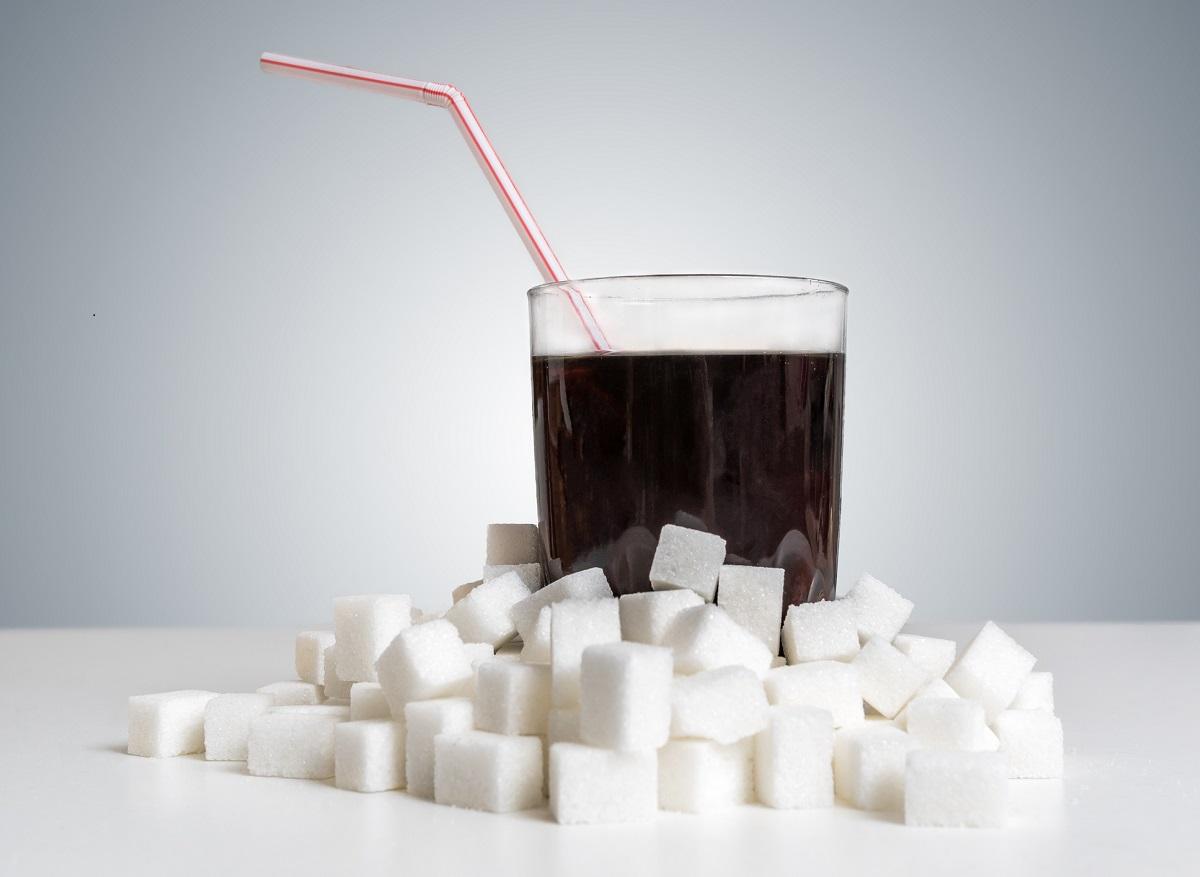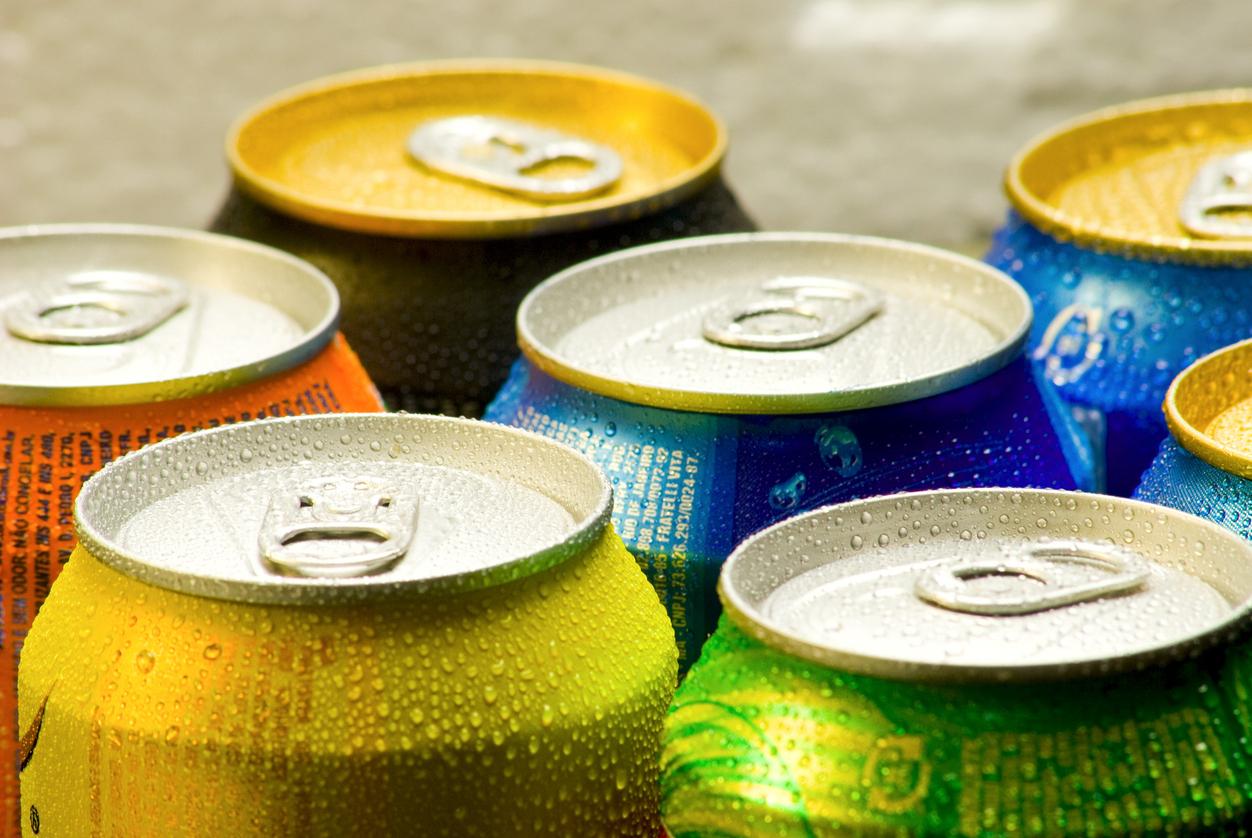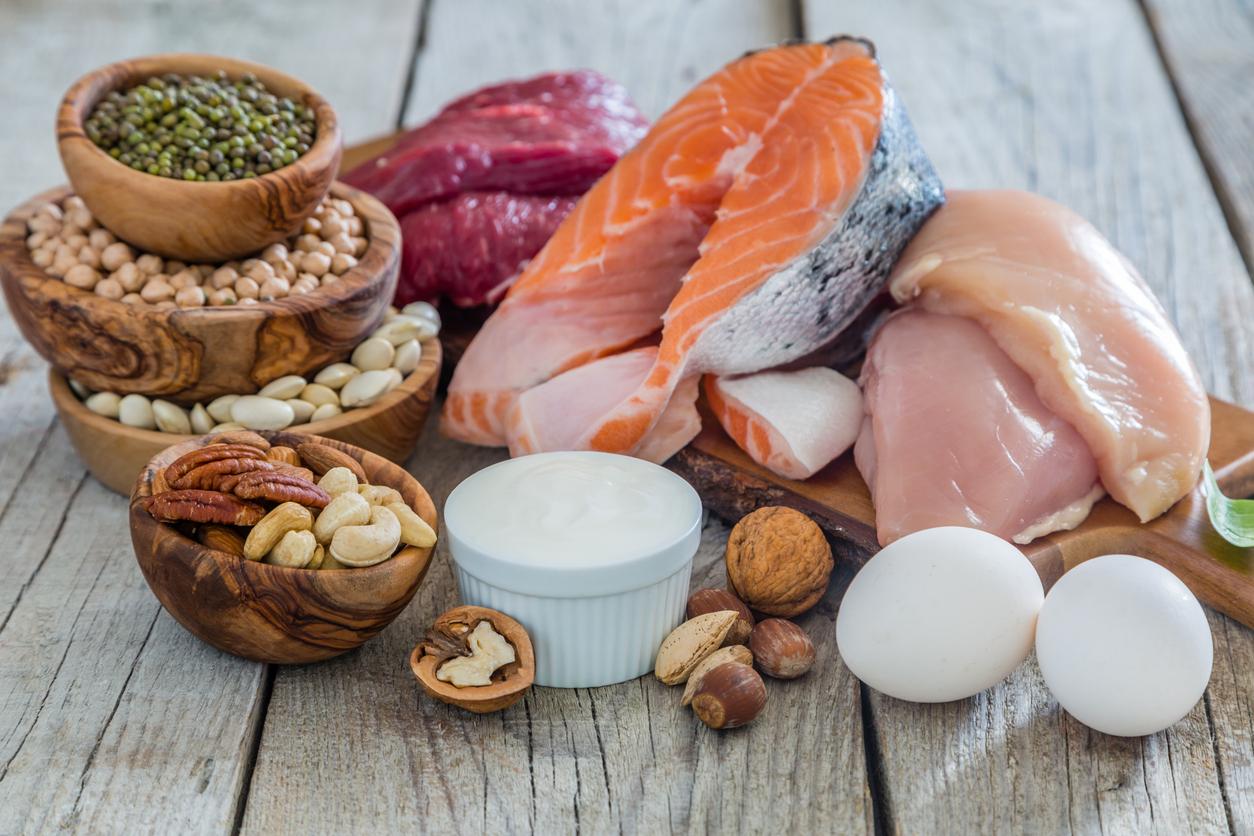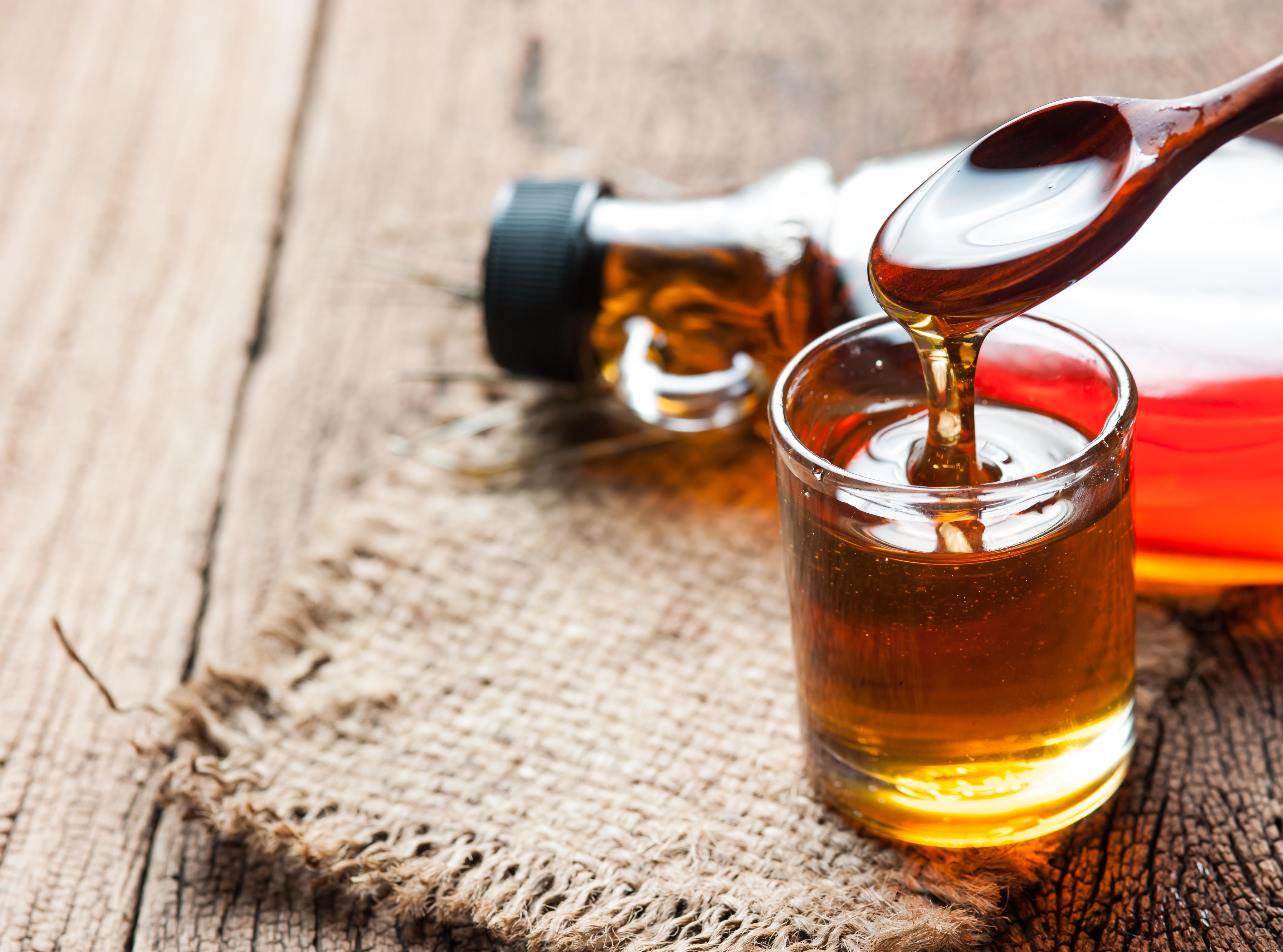A glass of soda contains the equivalent of six sugar cubes, making it an unsuitable choice for quenching thirst, especially during a heatwave. Sodas, often favored for their sweet, refreshing taste, are not the allies you might think for good hydration.

- Although refreshing on the surface, soda can actually make dehydration worse.
- During heatwaves, our bodies use more energy to maintain a stable temperature, and consuming sugary sodas can cause a rapid rise and then a sudden drop in blood sugar levels, increasing feelings of fatigue and exhaustion.
- Sugary sodas are not only ineffective for hydration, they can also lead to other health problems like tooth decay and metabolic issues.
During heat waves, staying well hydrated is essential. Drinking enough water is crucial, but for those who don’t like plain water, sugary drinks like soda may seem like a good alternative. However, these sugary drinks are a false friend. While refreshing on the surface, they can actually make dehydration worse.
Sugar: quick energy but double-edged
Sugar is the energy source for our muscles. However, it is stored very poorly and in limited quantities. After a few minutes of effort, the sugar reserves available in the body are exhausted. During a heatwave, our body uses more energy to maintain a stable temperature, and consuming sugary sodas can cause a rapid rise and then a sudden drop in blood sugar levels, increasing the feeling of fatigue and exhaustion.
Healthier Alternatives to Soda
To limit sugar consumption, several strategies can be implemented:
- Favor fruits: Finish your meal with a fruit instead of a soda. Fruit provides natural sugars, fiber and essential nutrients.
- No added sugar: Consume dairy products without added sugar. Instead, garnish them with fruit cubes or compote without added sugar.
- Artificial sweeteners: Diet products can be a solution to reduce sugar intake without adding calories. For example, diet drinks use sweeteners like aspartame, which have a sweetening power 300 to 400 times greater than that of sugar, making them virtually calorie-free.
The Latest Medical Data on Sweeteners: A Nuanced Look
For several years, artificial sweeteners, these zero-calorie sugar substitutes, have been increasingly popular with consumers looking for healthy alternatives to reduce their sugar intake. However, recent studies have highlighted potentially harmful effects on long-term health, calling into question their safety.
Increased risk of cardiovascular disease and cancer
One of the main concerns is the potential link between sweetener consumption and increased risk of cardiovascular disease. A study published in 2021 in the journal PLOS Medicine analyzed data from more than 100,000 adults and concluded that those who consumed the most sweeteners had a higher risk of stroke and major cardiac events.
Other studies have also suggested a link between sweeteners and an increased risk of certain types of cancer, including breast cancer and colorectal cancer. However, the scientific evidence in this area is still preliminary and requires further research.
Effects on the digestive system and intestinal microbiota
Artificial sweeteners, particularly those containing aspartame, have also been linked to digestive issues such as bloating, gas, and diarrhea. Additionally, recent studies have shown that these sweeteners may disrupt the gut microbiota, the delicate balance of bacteria in the gut, and play a role in the development of metabolic diseases such as obesity and type 2 diabetes.
A call for moderation and an individualized approach
In light of these emerging data, it is important to take a moderate and individualized approach to sweetener consumption. While they can be helpful in reducing sugar intake on an ad hoc basis, they should not replace a healthy, balanced diet rich in fruits, vegetables, and other whole foods.
Favor natural sources of sugars
When looking for an alternative to sugar, it’s best to look for natural sources of sugars like fruit, which also provide fiber, vitamins, and minerals that are essential for good health. It’s also important to read food labels carefully and choose products that contain as few artificial sweeteners as possible.
In conclusion, the latest medical data on sweeteners encourage caution and moderate consumption. Favoring a healthy and balanced diet rich in natural foods remains the best strategy for preserving one’s health.
The risks of sodas during heat waves
Sugary sodas are not only ineffective for hydration, they can also lead to other health problems:
- Risk of dehydration: Sugar increases the need for water for metabolism, which can worsen dehydration.
- Increased calorie consumption: High sugar intake can contribute to weight gain and metabolic problems.
- Effect on oral health: Sugary drinks increase the risk of tooth decay and other dental problems.
Ultimately, it’s important to understand that sugary drinks, while popular, aren’t the ideal solution for hydration. Opt for drinks that actually nourish your body and keep it optimally hydrated.















